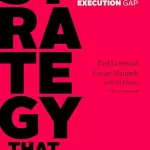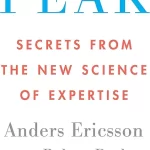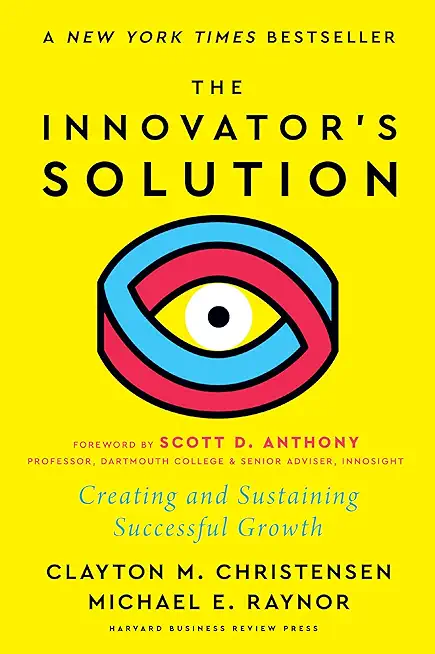
Strategy That Works – Paul Leinwand & Cesare Mainardi

Peak – Anders Ericsson & Robert Pool
Title: The Innovator’s Solution
Author: Clayton M. Christensen & Michael E. Raynor
Main Idea
The Innovator’s Solution provides strategic guidance on how companies can create and sustain disruptive innovation to achieve long-term growth in competitive markets. It emphasizes understanding customer needs and developing innovative business models that challenge conventional practices.
Key Points
-
Disruptive Innovation Defined:
- Disruptive innovation begins in simple applications at the bottom of a market or in new markets before moving up to displace established competitors.
- It’s not about breakthrough technology alone but about accessible, affordable solutions for overlooked customers.
-
Focus on Jobs to Be Done:
- Customers “hire” products to do specific “jobs.” Understanding these jobs helps innovators design solutions that better satisfy customer demands.
- Innovators succeed by precisely targeting the job customers want to accomplish rather than just improving product features.
-
Segmentation by Circumstance:
- Market segmentation should be based on the circumstances under which customers hire products, not demographic or product attributes.
- This insight helps firms better tailor offerings to real customer needs and avoid overserving or underserving markets.
-
Resource Allocation and Capabilities:
- Successful innovation requires allocating resources to initiatives that fit a company’s capabilities and limits.
- Companies must discern whether they need to build new capabilities or leverage existing ones when pursuing disruptive innovation.
-
Growth through New Market Creation:
- Rather than competing head-on in established markets, companies should seek growth by creating new markets or value networks.
- This strategy helps avoid zero-sum competition and opens up opportunities for sustained advantage.
-
Managing the Innovator’s Dilemma:
- Large firms often struggle to invest in disruptive technologies because these typically offer lower profit margins initially, threatening existing businesses.
- The solution is establishing separate organizations with different processes and values focusing solely on disruptive innovation.
-
Metrics and Incentives:
- The metrics used to evaluate projects must align with innovation goals; traditional financial metrics may discourage investment in promising but initially unprofitable initiatives.
- Setting appropriate incentives is critical to fostering an innovative culture.
-
Balancing Discipline and Flexibility:
- Innovation requires disciplined decision-making coupled with the flexibility to adapt to new learning and market feedback.
- Firms should maintain a clear strategy but remain open to course corrections based on emerging insights.
Review
- The Innovator’s Solution offers a thorough framework for companies aiming to drive growth through disruptive innovation by focusing on customer jobs and proper resource management.
- It challenges companies to break free from short-term profit pressures and to establish organizational structures that support long-term transformative growth.
Recommendation
- This book is highly recommended for business leaders, entrepreneurs, and innovation managers seeking practical strategies to create disruptive products and sustain competitive advantage.

